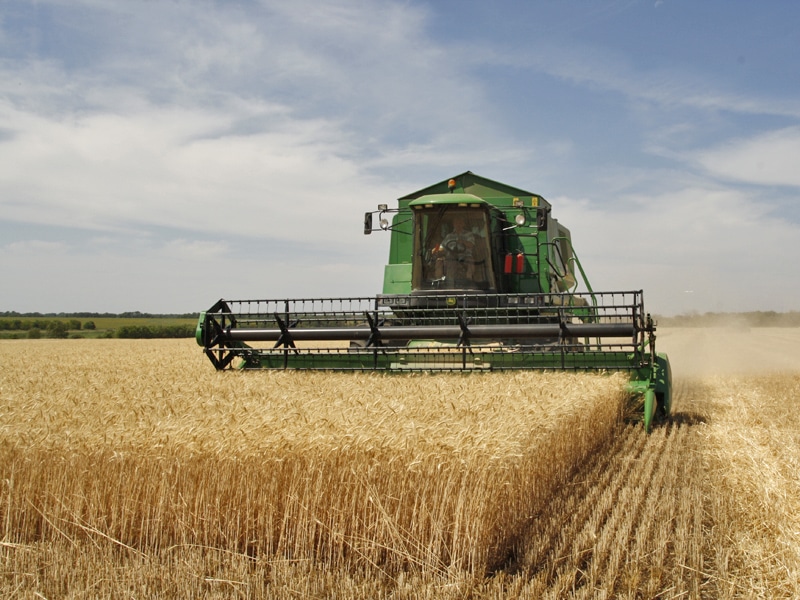The global food system and agriculture sector contributed to a third of global greenhouse gas emissions in 2019, and experienced an increase over the past three decades.
—
What is Happening?
- Greenhouse gas emissions from the global food system increased 16% over the last three decades.
- The agricultural and food sectors accounted for 31% of global greenhouse gas emission in 2019.
Global greenhouse gas emissions from agriculture and food production climbed 16% over the past 30 years, according to a new UN report, highlighting the sector’s contribution to global warming and the urgent need to slash food systems emissions to mitigate climate change.
In 2019, food and agricultural sectors contributed 17 billion tonnes of carbon dioxide equivalent, which made up 31% of global greenhouse gas emissions, according to the study published by UN’s Food and Agriculture Organization (FAO).
The sectors also produced 53% of global methane emissions, a greenhouse gas that has 80 times the warming potential compared to carbon dioxide, as well as 78% of global nitrous oxide emissions, a gas that is longer-living and stays in the atmosphere for more than 100 years.
Emissions from global food systems have risen by a third between 1990 and 2019, but their share in total emissions dropped by 40% to 31%. Per capita emissions from agriculture and food similarly decreased from 2.7 to 2.1 tonnes CO2eq per capita.
Deforestation from land clearing for farming and agriculture was found to be the biggest source of greenhouse gas emissions, releasing 3.1 gigatonnes of carbon dioxide, about 6% of total carbon dioxide equivalent emissions. Enteric fermentation, largely from cow burps, accounted for 5%, while livestock manure accounted for 2%.
The report also found that the agricultural and food sectors represented more than 70% of total anthropogenic emissions in Africa and South America, the highest among all regions.
However, countries with the largest emissions from food systems were China, India, Brazil, the US and Indonesia. Interestingly though, none of them were top emitters per capita.
“From deforestation to the destruction of tropical peatland and activities in the supply chain, the whole process needs to be accounted for,” said Francesco Tubiello, FAO senior statistician and author of the study. “From land use change to food production to what happens after it leaves the farm, food is gaining momentum.”
Historic pledges were recently made at the COP26 climate summit. More than 100 countries vowed to end deforestation by 2030, and half of the top 30 major methane emitting countries have joined the global methane pledge to reduce methane emissions by 30% by the end of the decade. Both of which would require major overhaul in the food production and global supply chains.
The report publication also comes as governments have pledged to tackle the effects of agriculture through innovation. More than 30 countries including the US and United Arab Emirate will look to invest more than USD$4 billion over the next five years in new and green technology to mitigate emissions from the agriculture and food sectors.
You might also like: The Cost of Subsidising Agriculture
Featured by: Wikimedia Commons


















